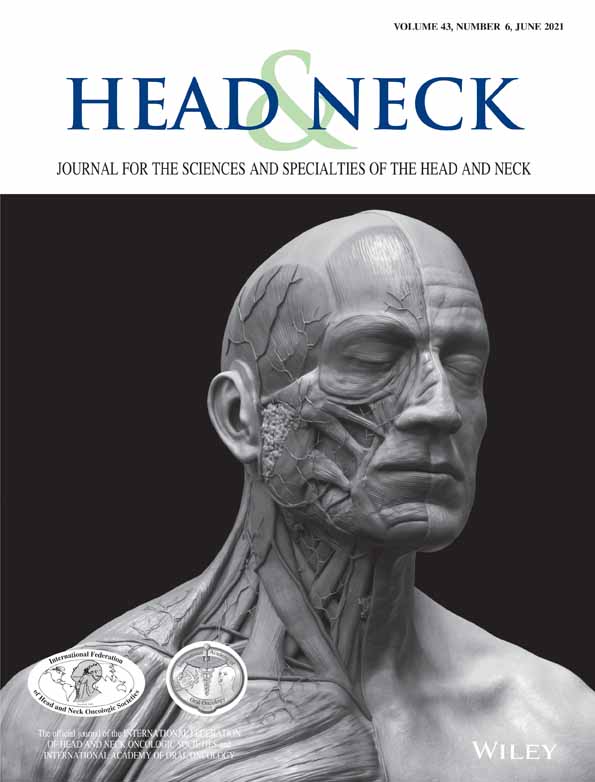Mitogen-activated protein kinase inhibition-induced modulation of epidermal growth factor receptor signaling in human head and neck squamous cell carcinoma
Funding information: the National Institute of Health, Grant/Award Numbers: R15DE025138, R25DE025778
Abstract
Background
Epidermal growth factor receptor (EGFR) overexpression is one of the most notable characteristics in head and neck squamous cell carcinoma (HNSCC). The MAPK kinase (MEK) inhibitor trametinib has shown efficacy to treat HNSCC; however, the molecular mechanism remains unclear.
Methods
HNSCC lines, mouse models, Western blot, and flow cytometry were employed to analyze the anticancer effects of trametinib.
Results
The JHU-011, JHU-022, and JHU-029 HNSCC cells with different genetic alterations were highly susceptible to trametinib. Trametinib effectively reduced EGFR expression, which was accompanied by the reduction of pro-survival protein MYC, and the increased expression of a MYC-targeted cyclin-dependent kinase inhibitor p27kip1 and pro-apoptotic protein BIM. Trametinib resulted in G1 arrest of the cells, markedly reduced cell numbers in S phase, and significantly increased apoptosis. In mouse models, trametinib strongly inhibited tumors growth.
Conclusions
The MAPK–ERK signaling inhibition by trametinib may target EGFR and the downstream proteins against HNSCC.
CONFLICT OF INTEREST
The authors declare that there is no conflict of interest that could be perceived as prejudicing the impartiality of the research reported.
Open Research
DATA AVAILABILITY STATEMENT
All data generated or analyzed during this study are included in this published article.




